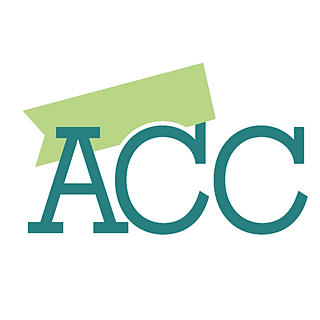Job Market Bidding Wars: Advice for Employers, Employees
- Arizona Contractor & Community
- May 3, 2022
- 3 min read
By Blake Quinlan of Express Professional Services (Express Pros)
It’s no secret that it’s difficult to find help right now—especially in Arizona, where the unemployment rate hit a historic low of 3.3 percent in April. That’s the lowest for the state in nearly half a century.
This creates challenges for employers and opportunities for job seekers. Express Employment Professionals, a top global staffing firm that operates via local franchises, helps both groups in order to facilitate long-term placements. This reduces turnover and thus expense for companies doing the hiring and creates strong communities where workers have stability and value.

Maricopa County has eight Express locations in Chandler, Mesa, Peoria, Phoenix (Central), Phoenix (Southeast), Phoenix (South), Scottsdale and Tempe. Scottsdale Franchise Manager Blake Quinlan has been in the staffing industry for seven years and has seen wages rise and employers scramble to fill open positions. In many cases, employers still aren’t coming to grips with the higher pay scales.
Consider this: Just three years ago, in April 2019, the average advertised wage for an entry-level fast-food job in the Valley was $12 an hour. Now, it’s nearly $15. Light industrial jobs that paid $13.50 an hour in January 2020 now pay $17. An office clerk in Scottsdale in January 2020 earned about $16 an hour, and as of March 2022, they could expect about $20.50.
The number one piece of advice Quinlan has for employers in this red-hot market is: “Lead with your best foot forward in terms of salary.” He suggests offering about 10 percent above the industry average, because the opportunity cost of leaving a position open—and continuing to pay for recruiting and being short-staffed—will probably eat up more than a few thousand dollars.
For job seekers, Express Employment Professionals can help negotiate a fair market wage, Quinlan said. They have real-time data on pay and know what employees should expect. “We use that data to go to bat and provide the client with the information in an ever-changing market,” he stated.
Quinlan cited the example of one applicant who had a job offer with a salary of $67,000, and his client company offered $75,000 plus a $5,000 signing bonus. “Hiring that candidate and making sure that candidate is happy offers security,” Quinlan said. With inflation and the rising cost of living, if employers don’t offer applicants enough, he added, they’ll continue to look for better-paying jobs.
That turnover is not only stressful, it’s also expensive. One firm he knows said that if an employee makes $41,000 and only works six weeks and quits, they lose $147,000 in terms of travel and training costs and recruiting for the position all over again.
In addition to an attractive wage, employers should consider offering bonuses and other incentives such as gas cards and other perks. For professionals, especially those coming from other states, a company car or executive housing can tip the scales in a company’s favor.
And more white-collar employees expect to be able to work from home at least part-time, which also pads their pocketbooks because—particularly now with inflation at nearly 11 percent in Arizona—it saves them money on gas, eating out and other expenses.
Employers who hope to save in the short term by undercutting salaries and holding back on benefits and perks might find themselves outbid time and again or faced with constant turnover as employees jump ship for better offers. “There are 11 million open positions in the U.S.,” Quinlan noted. “It’s going to be an employee’s market for a very long time.”








Comments